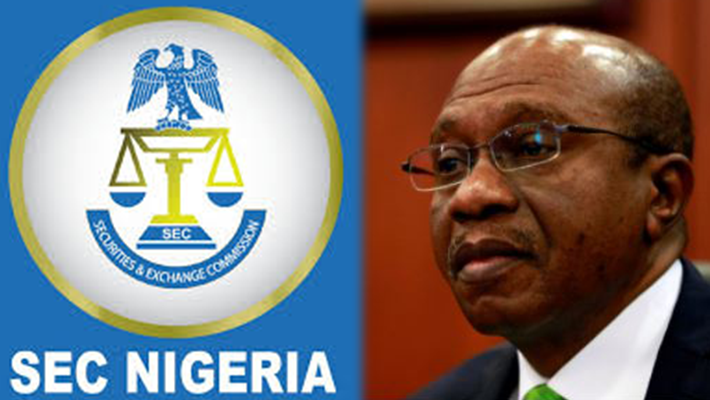According to a recently released document obtained by Entrepreneurng, the CBN is open to developing a regulatory framework for potential stablecoin implementations.
The “Nigeria Payment System Vision 2025” document contains provisions for regulating initial coin offerings (ICO) and stablecoins.
The report discussed the regulation of initial coin offerings (ICOs) and how they can evolve into “a new approach to attract foreign direct investment (FDI) and raise capital,” implying that the apex bank is moving towards mainstream adoption of cryptocurrencies.
The CBN also stated that it would work with relevant stakeholders to review and implement blockchain-based remittance solutions.
On Stable Coins
Excerpts of the document provide an insight into the apex bank’s take on stable coins and how they can help facilitate cross-border transactions.
Stable Coin implementations are likely to be successful payment mechanisms. There is a need to develop a regulatory framework for such implementation that almost certainly will be used in Nigeria.
On ICOs
The document also states there is a potential for using ICO technology as a new method of financing for capital projects (in the wholesale market), peer-to-peer lending, or crowdfunding (for the retail market), given the function of ICOs as an asset class. However, it cited the lack of regulation as a major impediment.
Given the lack of regulation around the current generation of ICOs, there is little desire to adopt them.
The CBN also suggested ICOs could be turned into financial instruments for attracting FDIs and raising capital, especially for the Utility Sectors.
If implemented properly and supported with the right rules and regulations, ICOs could be turned into Financial Instruments and Investment Options, creating a new way to attract Foreign Direct Investment (FDI) and raise capital.
An interesting use case could be in the Power (utility) sector where people can crowd-fund a power project initiative by investing money in return for a coin as equity. Further, the tokens created as in the case of Power could be used to provide access to power for participants. On one hand, it could be used as an investment tool and on the other hand, it could be used as a passage for access to a product or service.
The document also stated that because tokens would be a new asset class, the SEC must provide a regulatory framework.
Last May, the Securities and Exchange Commission issued a digital asset regulation that guides registering cryptocurrency assets such as ICOs. The Securities and Exchange Commission (SEC) defines ICOs as “Securities Token Offering (STO)” which means any offering and sale of digital tokens that are considered securities.
However, the broad recommendations indicate that the CBN will collaborate with the SEC to develop a regulatory framework for ICO adoption.
CBN would consider the development of a regulatory framework for potential implementation of ‘Stable Coin Offerings’. CBN would continue its watching brief on ICOs as well as work with SEC to jointly develop a regulatory framework in the event of adoption of an ICO-based investment solution.
What you should know
Despite a history of discouraging or prohibiting financial institutions from assisting cryptocurrency transactions, the recent payment system paper suggests that the CBN’s attitude toward privately produced digital currencies is changing.
When the CBN ordered banks to stop providing services to cryptocurrency firms in February 2021, the crypto community accused Nigeria’s apex bank of usurping the authority of the Nigerian Securities and Exchange Commission. (NSEC).
The document, however, predicts a cashless society by 2025 and states that the CBN and the NSEC will co-regulate the digital currency market.
“CBN would handle payments, but the SEC would need to provide a regulatory framework since tokens are a new asset class,” the document says.


